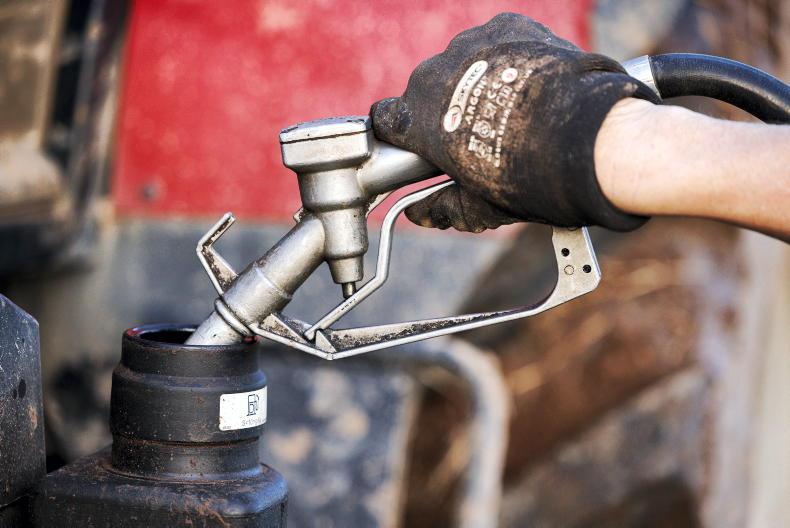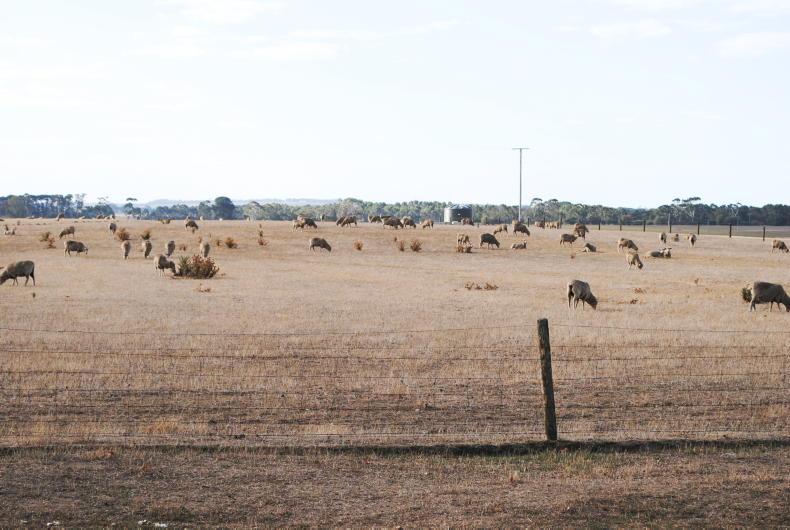My head is so filled with Putin’s putrid war that I find it difficult to write about anything else. My heart is so pained for the millions of lives lost or crushed by this mad tyranny that there is hardly room for anything else.
But I also think about the fate of the 100,000 horses that were in Ukraine before this horrible invasion began.
Some of the reports emerging – like that of up to 13 horses and children’s ponies being burned alive in an attack on stables north of Kyiv at Hostomel – are beyond anything any horse lover can comprehend or stomach.
But horses have always been the innocent victims of human wars. Their size and amenability have made them easy targets for missiles or bullets. And yet the human heart goes out for their suffering.
One is reminded of the brave and ingenious efforts by the great Austrian dressage champion Colonel Alois Podhajsky along with US’s General Patten
From our own history we read of a poignant incident in James Stephen’s 1916 diary. Soon after the occupation of the GPO, a troop of British Lancers rode into O’Connell Street and were met with a hail of bullets. Stephens heard local women pleading with the volunteers: “Why would you be hurting the poor horses?”
The history of war is replete with instances of pity and pathos for our wonderful four-footed companions. While we read about the slaughter of willing mounts in cavalry charges like that at Balaclava during the battle for Crimea in 1854, there are also some heart-warming stories of how horses were saved from war.
One is reminded of the brave and ingenious efforts by the great Austrian dressage champion Colonel Alois Podhajsky along with US’s General Patten, in the rescue of the beautiful Lippizaners of Vienna during World War II that allowed the survival of the great Spanish Riding School.
Current efforts
Right now, a historic rescue operation is well underway to save thousands of stranded Ukraine horses. The International Equestrian Federation’s Solidarity Fund, the Ukrainian Equestrian Federation Charity Foundation and the European Equestrian Federation are coordinating these efforts. The FEI set aside €1m at the start of this rescue mission.
We know that the great international show jumping stallions Coronet Obolensky and his son Comme Il Faut were saved early on. But thousands of other equines have made it out in more recent weeks.
In addition, fodder and veterinary aid has been provided. But more will have to be done. The best source of information is the FEI site https://inside.fei.org/fei/solidarity
This heart-rending crisis is ongoing and while we contribute to the Red Cross humanitarian crusade in our local stores, we must also find ways of reaching out to the horses and ponies that are also being sacrificed in this brutal conflict.









SHARING OPTIONS